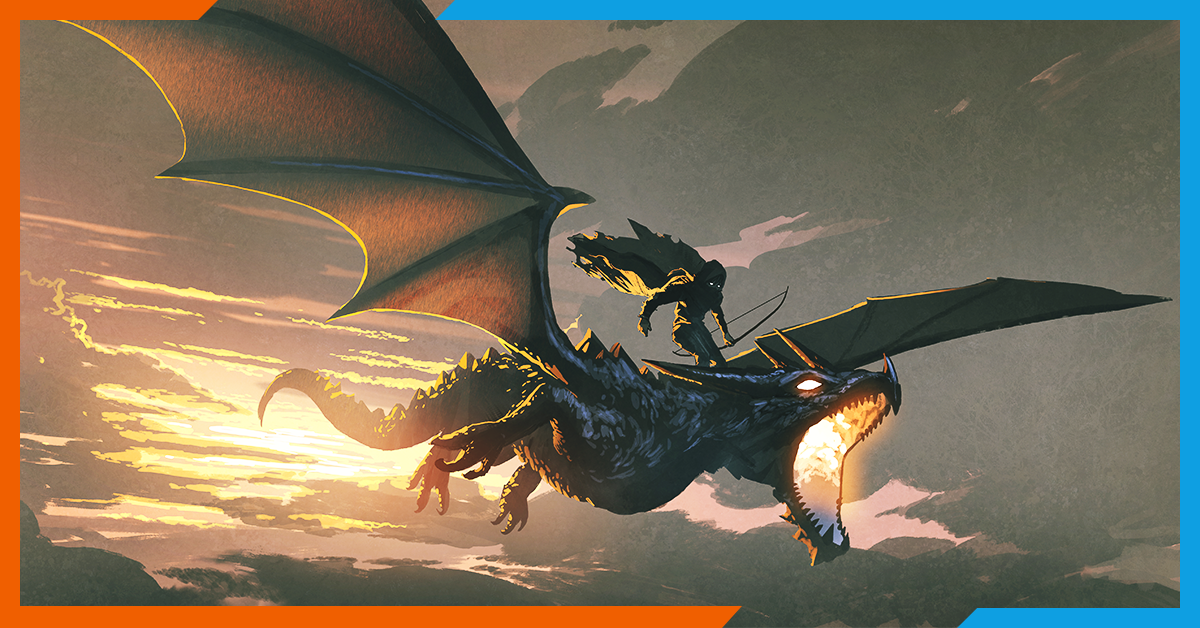The Key to Knowing Your Strengths and Mastering Yourself

“Authentic happiness derives from raising the bar for yourself, not rating yourself against others.”
– Martin Seligman
Role-playing games, such as the revered classic — Baldur’s Gate — let you become a hero. Someone extraordinary, destined to achieve great things. Your in-game character possesses certain traits that you can develop into strengths and make the protagonist stand out from the common virtual folk.
We are also born with certain talents, which can flourish if we work on them with the help of the environment we grow up in. Perhaps the most difficult thing is discovering which ones are relevant for us at a certain point. The first step towards that is getting to know yourself better.
Luckily, there’s plenty of tools at our disposal. Carl Jung’s 16 personality types are among the most popular of these. However, there’s a different one that I’d like to focus on: the CliftonStrengths assessment.
What’s it all about?

The CliftonStrengths assessment is based on positive psychology models. The Gallup Organization interviewed millions of people throughout the decades, searching for dependencies between the traits required to achieve professional success in various roles. Donald Clifton, one of the fathers of positive psychology, based his research on a test designed by Marcus Buckingham. Gallup distinguished 34 personal traits, dubbed “themes,” that are understood as certain patterns of thinking, feeling and reacting that could be used to one’s benefit.
Everyone has 34 themes, although they vary in intensity from person to person. Most people tend to have 5 dominant themes, although in my case I found out there’s even more.
The dominant themes are pretty much constant throughout your life, although there might be some changes at various stages. But what we are going to focus on is that the fact that they can be developed.

My character card
So, I took the test and it turned out these are my dominant themes:
Learner — I have a great need for education, constant development, and I value the process of learning more that its outcomes. But this also makes me drop old fields of interest in favor of new ones that I keep searching for.
Input — I have the need to collect and archive stuff, be it ideas, information or people. This might result in hoarding and subsequent mess in my “collections.”
Woo — I love meeting new people and making friends.
Positive — if you score high in this one, this means you’re contagiously enthusiastic and able to encourage others to take action. This theme goes well with the Woo one, which helps me make new connections and start friendships. Smiling all the time really goes a long way!
Responsibility — I take ownership of my actions and words, I’m honest and loyal. On the other hand, this forces me to work on my assertiveness, as I can end up accepting more tasks than I’m able to handle, leading to unnecessary sacrifices just to deliver on my promises.
Intellection — I appreciate intellectual discussions and enjoy mental activities in general. This may mean a lack of focus, though, which can create a dangerous combo with the Learner theme’s downsides.
Activator — the sooner I act, the better. Too bad I might blurt out things without thinking it through first.
Restorative — I love analyzing what went wrong and trying to fix things and solve problems, bring stuff back to life.
Achiever — I love working hard and reaching my goals, as well as being productive.
Do I agree with these results? Absolutely. I think it’s a very thorough picture of myself, which can help me understand my motivations and see the patterns in my actions.
What’s the next step?
Once you receive the report, you can see which talents are strong enough and which require more work. I focused on Input, or my hoarder side, and made the weaknesses of this theme into my assets using other talents.

How can your company benefit from that?
Knowing your employees’ strengths is beneficial in many areas, such as recruitment, project assignment, team meetings, delegating tasks, receiving and analyzing feedback, discussing personal goals and employee development, etc.
My entire team at G2A took the test. Discussing the results was a great opportunity for us not just to understand ourselves, but also get to know others better. Now we know which tasks suit whom, so that we can fully utilize our strengths.
If you’re looking forward to your company utilizing its employees’ talents better, here are a few simple questions that should help you:
What about your themes? What are your greatest strengths?
The CliftonStrengths assessment is a paid test, but there are some free alternatives that you can try out to see what this is all about. Examples include StrengthsFinder, Red Bull Wingfinder, 41 Questions, the Jung Typology Test, and the Free Aptitude Test.